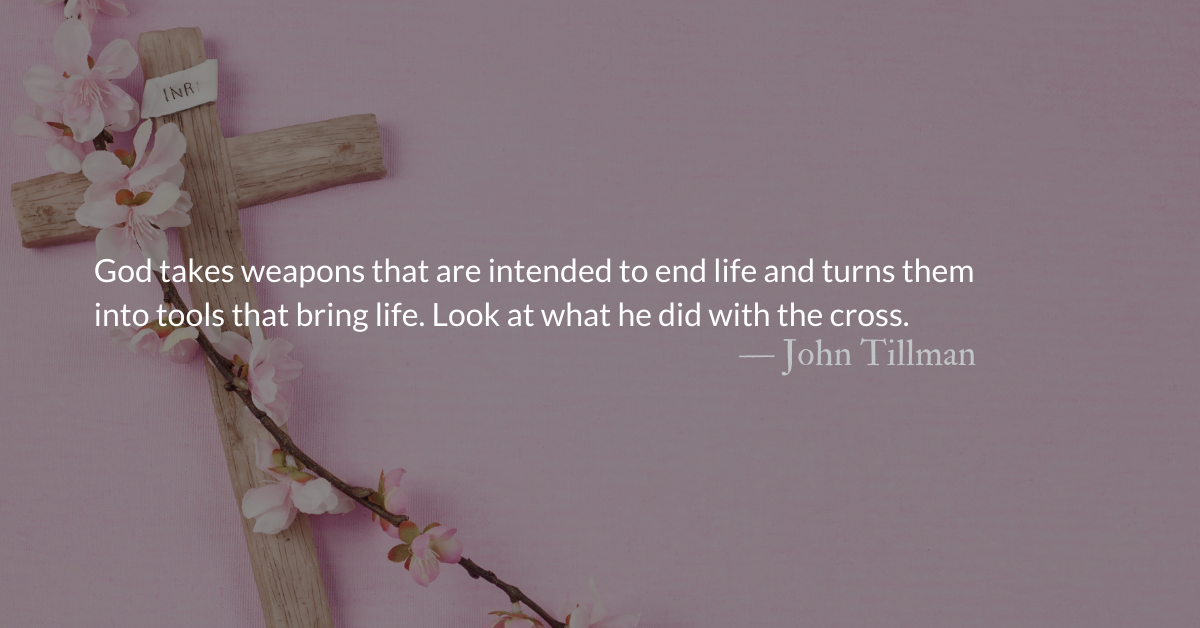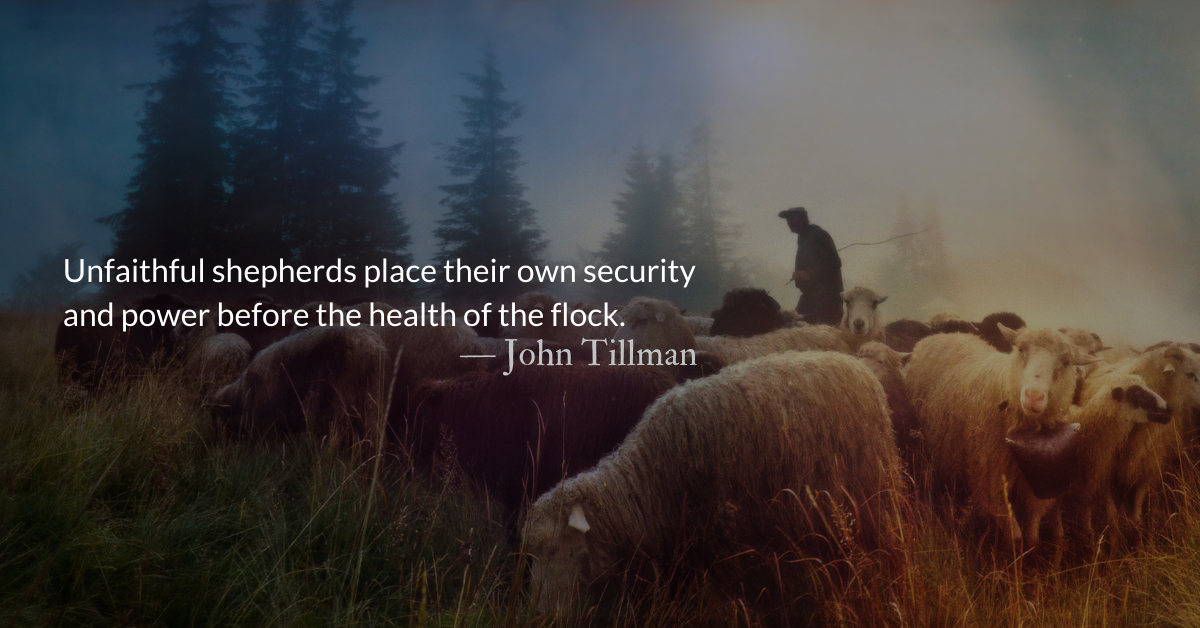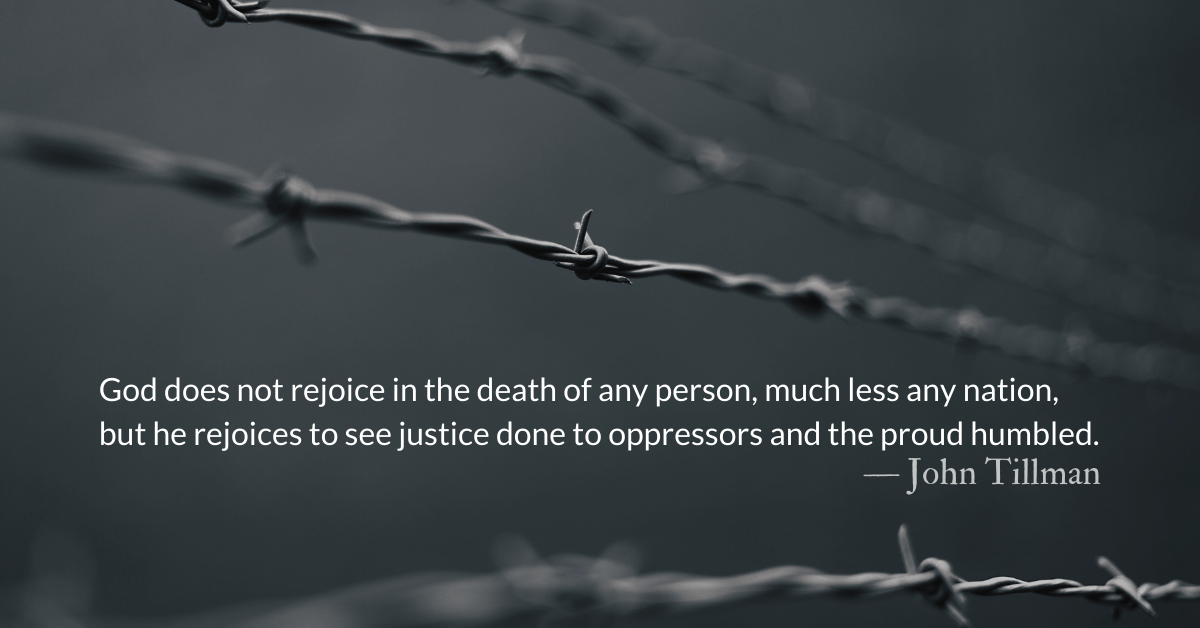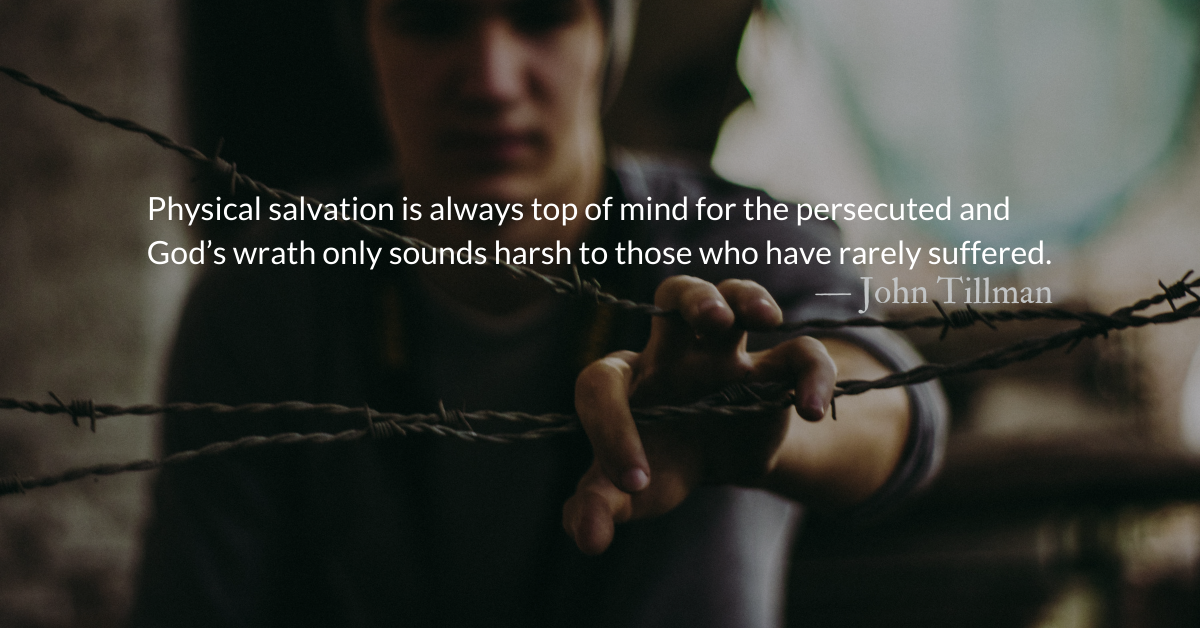Scripture Focus: Ezekiel 39.9-10
9 Then those who live in the towns of Israel will go out and use the weapons for fuel and burn them up—the small and large shields, the bows and arrows, the war clubs and spears. For seven years they will use them for fuel. 10 They will not need to gather wood from the fields or cut it from the forests, because they will use the weapons for fuel.
Reflection: Repurposed Weapons
By John Tillman
Ezekiel describes a future war against God’s people that is ended through supernatural means and has an unlikely outcome.
John, in Revelation (Revelation 20.7-11), makes direct reference to this earlier prophecy from Ezekiel, revealing that it is Satan that deceives Gog and Magog, leading them in warfare to their destruction. (Revelation 20.9)
This apocalyptic prophecy is full of poetic symbolism without a simple, decipherable, literal interpretation. An interesting detail is that the weapons left behind by the fallen enemy army will be used as fuel by God’s people for seven years.
We don’t often cook over fires anymore and modern weapons would not leave much wood behind but that does not mean this vision is unfulfilled. This image is part of a repeated theme in prophecy that humanity’s tools of warfare and destruction will be remade into implements of peace and cultivation.
What is intended for evil will be used for good. Wooden weaponry will be fuel for cooking fires. Swords will be beaten into plows. God takes weapons that are intended to end life and turns them into tools that bring life. Look at what he did with the cross.
The Romans and religious leaders thought the cross would end Jesus’ life. The Roman Empire thought that if crucifying Jesus wasn’t enough, they’d crucify thousands of his followers. But the cross couldn’t end the life of the church any more than it could end the life of Jesus.
The wooden weapon of the cross became a symbol that fuels hope. Every empire that has opposed it has fallen. Hundreds of Empires since have thought that violence by blade, fire, or bullet could stop the church and the gospel. Yet, every empire that opposes it will fall. The kingdoms of this world will become the kingdom of our God. (Revelation 11.15)
Our world, and Satan who rules it, wants us, like Gog and Magog, to be their weapons. “Used in their wars. Used for their gain.” (Rich Mullins, “Higher Education and the Book of Love”) Tragically, we are often deceived and march to war with them, but in Christ we, who have been weaponized, can be remade, recycled, and repurposed.
May we no longer be swords and shields but basins and towels. (John 13.5)
No longer murderers but nourishers.
No longer aggressors but comforters.
No longer destroyers but cultivators.
Divine Hours Prayer: The Morning Psalm
Hear, O my people, and I will admonish you: O Israel, if you would but listen to me!
There shall be no strange god among you; you shall not worship a foreign god.
I am the Lord your God, who brought you out of the land of Egypt and said, “Open your mouth wide, and I will fill it.” — Psalm 81.8-10
– Divine Hours prayers from The Divine Hours: Prayers for Summertime by Phyllis Tickle
Today’s Readings
Ezekiel 39 (Listen – 4:51)
Psalm 90 (Listen – 2:03)
Read more about God of all Nations
To serious students of scripture, it seems ludicrous that we must repeat that God is not American, not White, and not partial to any race. But repeat it, we must.
Read more about Of Pride and The Sword
Despite how Egypt, or any nation, postures itself, those who live by the sword will fall by it. Those who profit by violence will face justice.











